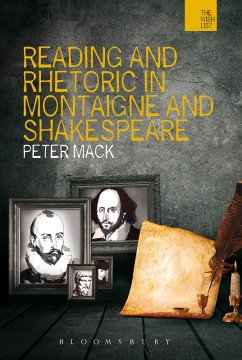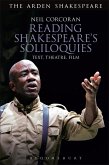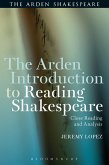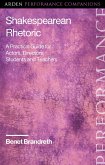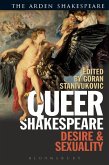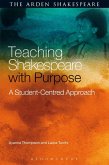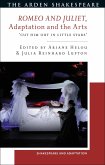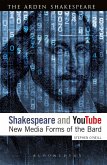Shakespare and Montaigne are the English and French writers of the sixteenth century who have the most to say to modern readers. Shakespeare certainly drew on Montaigne's essay 'On Cannibals' in writing The Tempest and debates have raged amongst scholars about the playwright's obligations to Montaigne in passages from earlier plays including Hamlet, King Lear and Measure for Measure.
Peter Mack argues that rather than continuing the undeterminable quarrel about how early in his career Shakespeare came to Montaigne, we should focus on the similar techniques they apply to shared sources. Grammar school education in the sixteenth century placed a special emphasis on reading classical texts in order to reuse both the ideas and the rhetoric. This book examines the ways in which Montaigne and Shakespeare used their reading and argued with it to create something new. It is the most sustained account available of the similarities and differences between these two great writers, casting light on their ethical and philosophical views and on how these were conveyed to their audience.
Dieser Download kann aus rechtlichen Gründen nur mit Rechnungsadresse in A, B, BG, CY, CZ, D, DK, EW, E, FIN, F, GR, HR, H, IRL, I, LT, L, LR, M, NL, PL, P, R, S, SLO, SK ausgeliefert werden.

